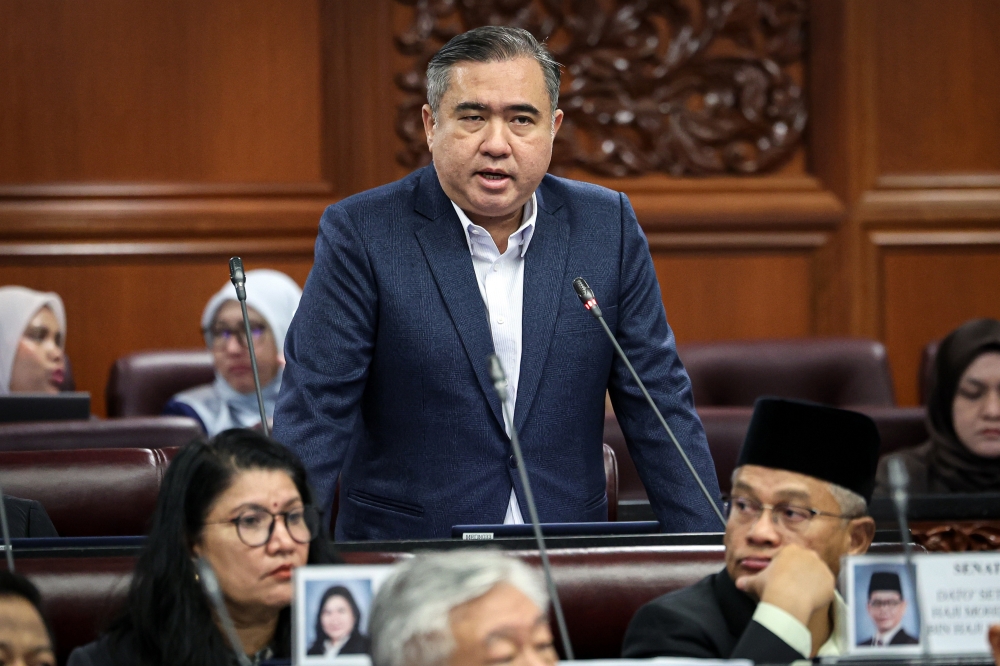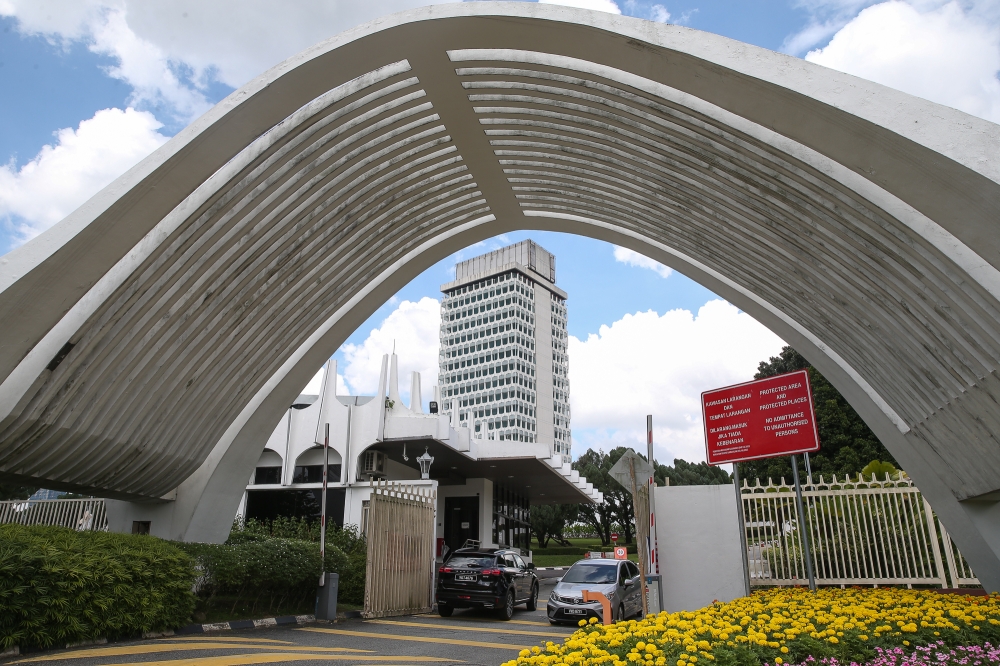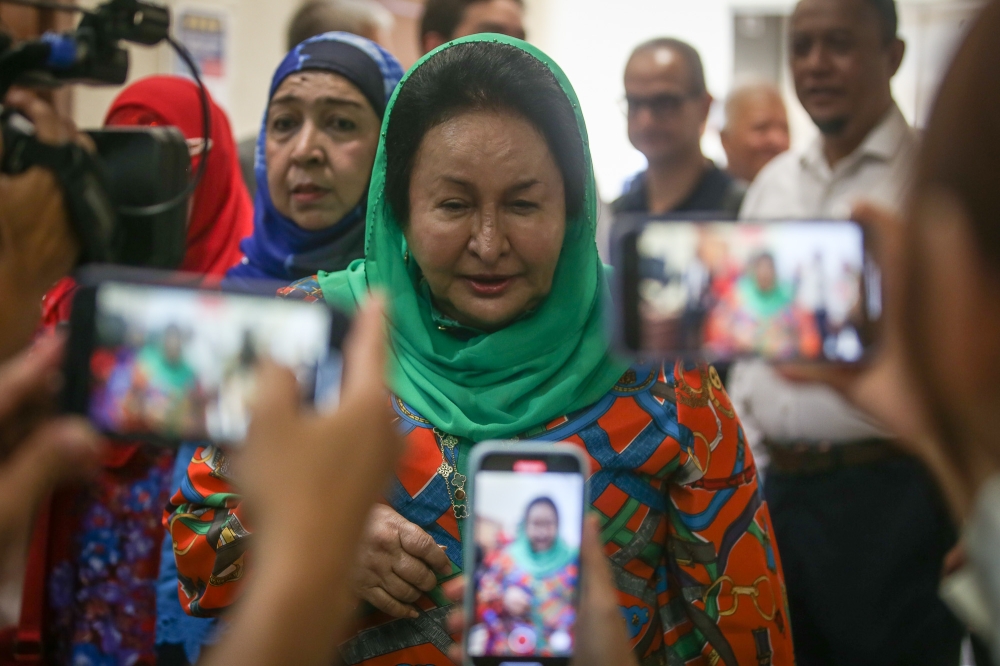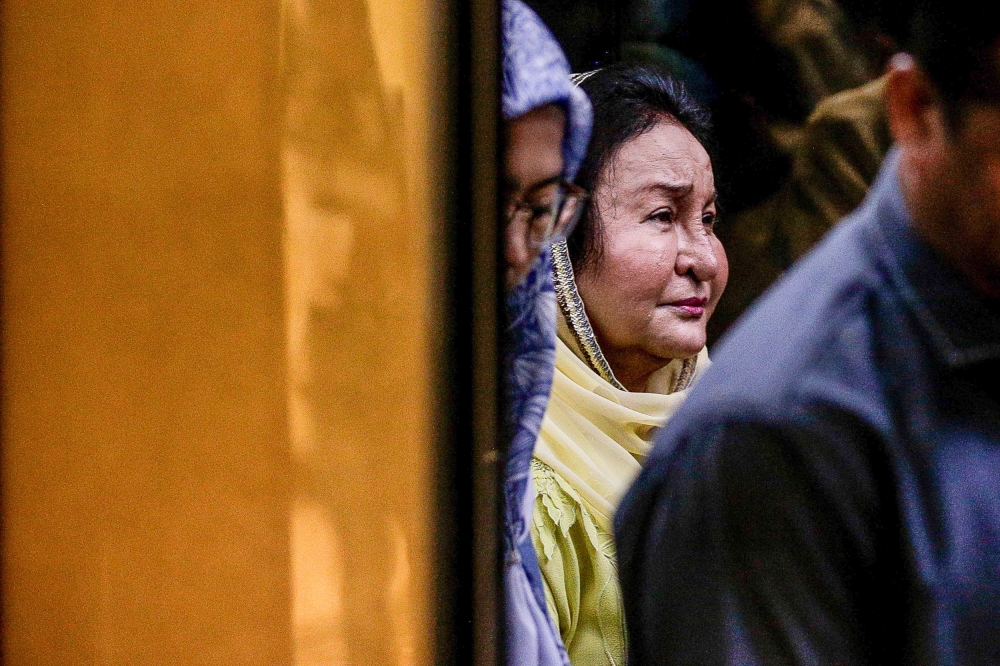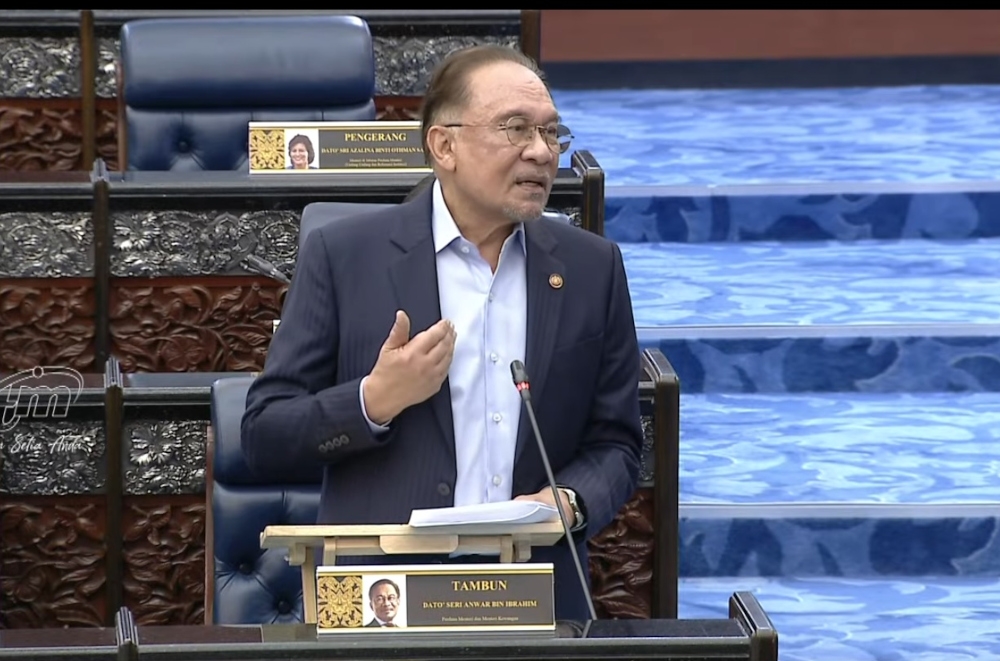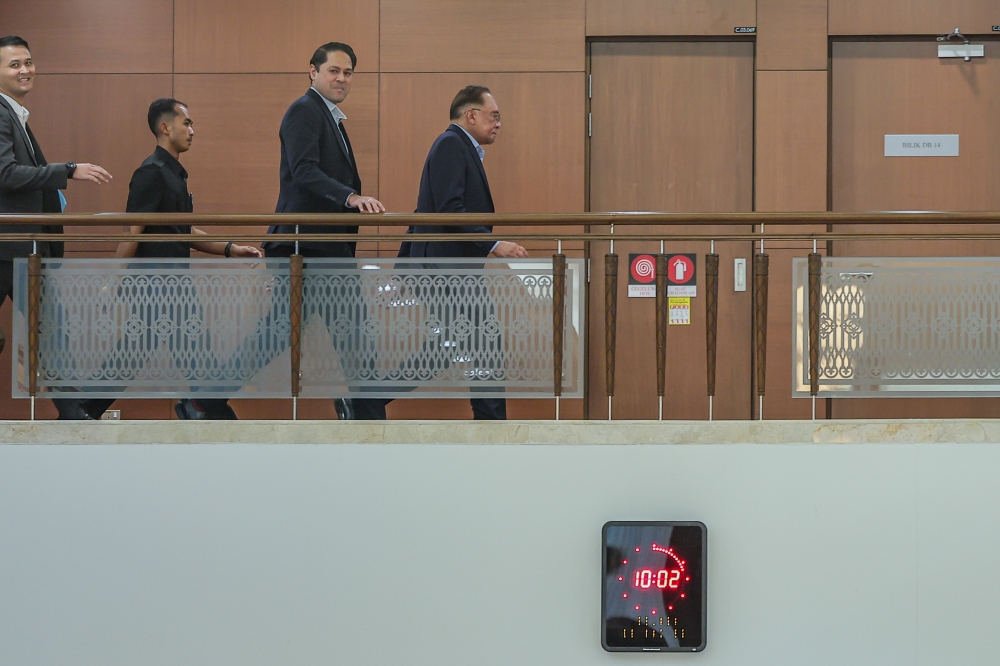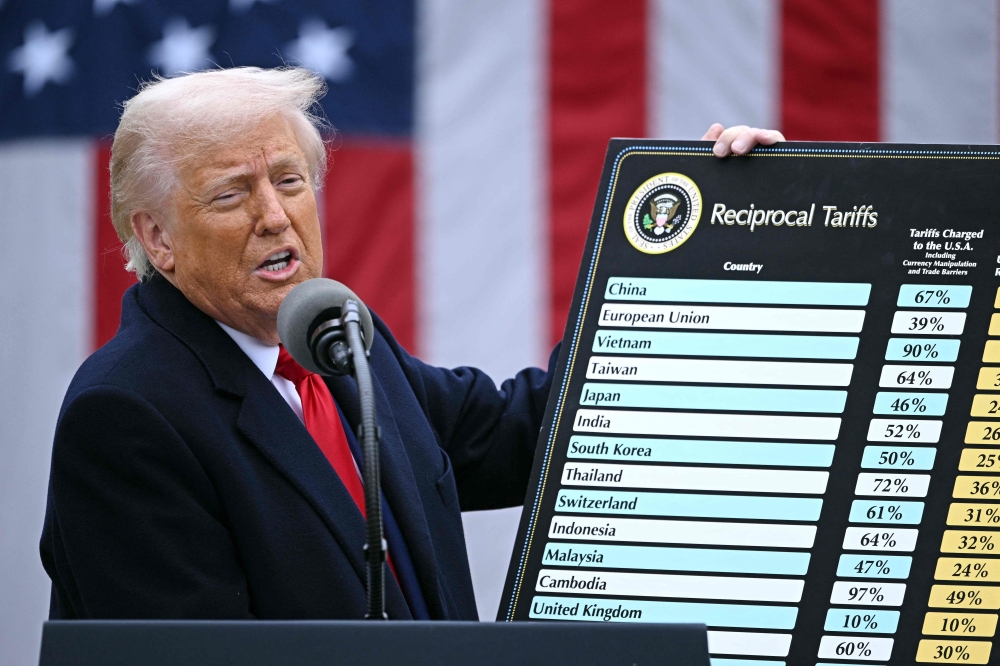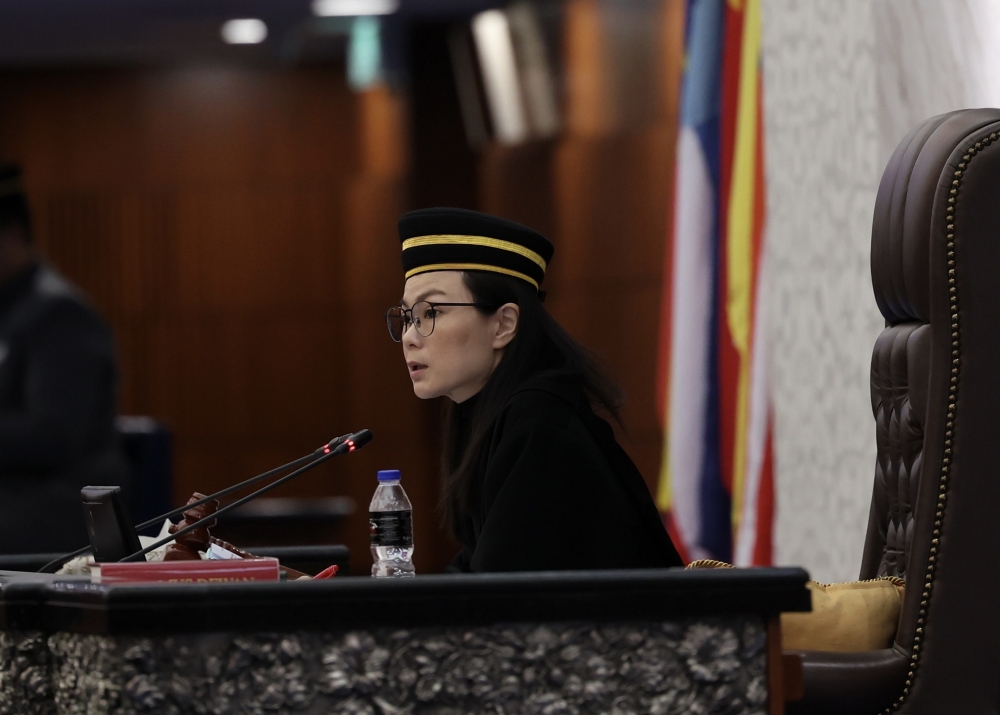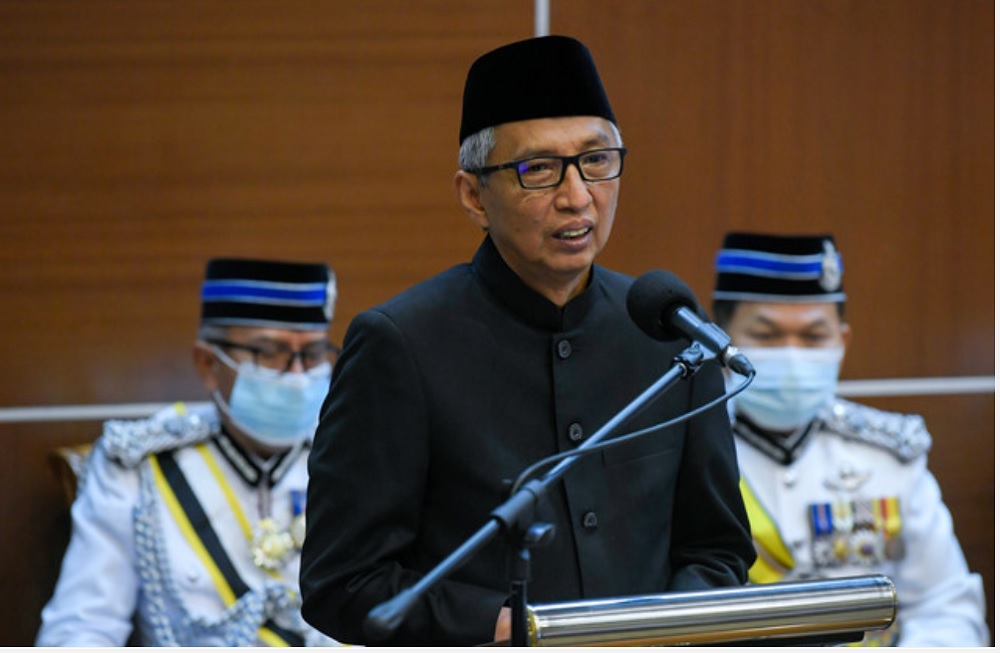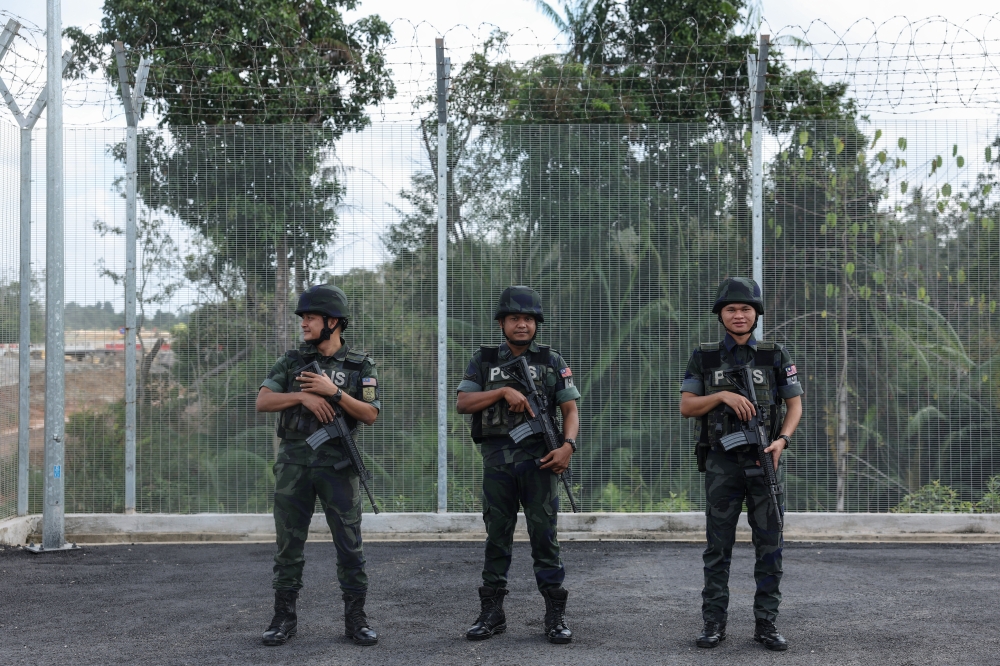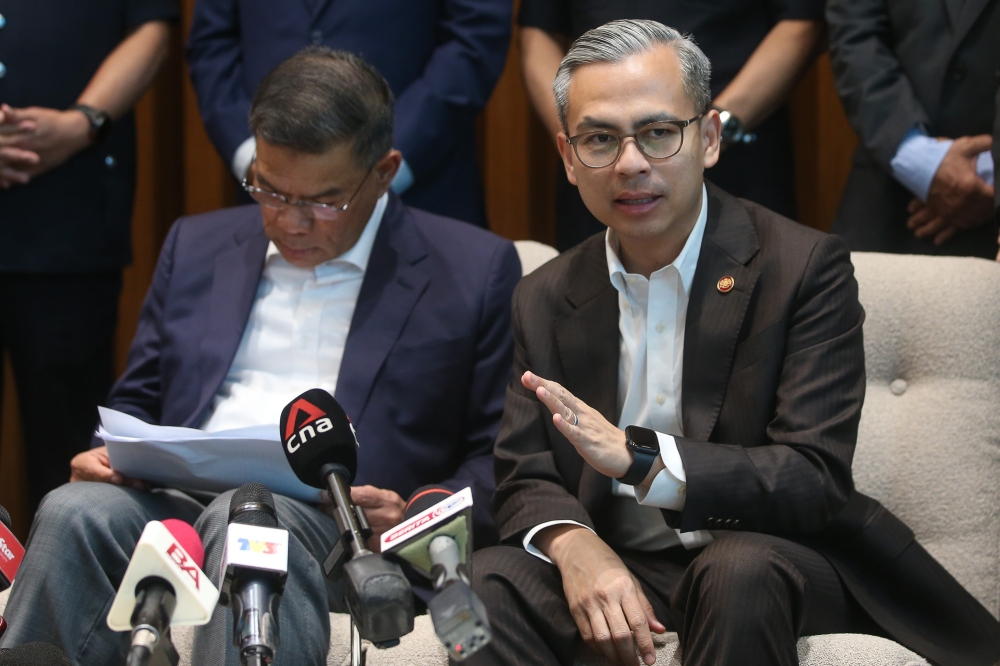KUALA LUMPUR, April 11 — Indonesia is looking to phase out sending its citizens to Malaysia to work as domestic helpers, said its ambassador to Malaysia Hermono.
Malaysiakini reported him as saying Indonesian domestic helpers were vulnerable to abuse and forced labour, and would instead be encouraged to focus on formal job sectors.
“We are going to gradually phase out Indonesians working as domestic workers anywhere in the world,” he was reported as saying.
“This was part of our national migrant worker policy which aimed to achieve zero domestic workers by 2017 but that objective was not achieved. We will phase them out in countries where our workers faced the most rights abuses first,” he said.
The republic had imposed a moratorium on sending domestic workers to 18 Middle Eastern countries in 2015.
Following various reports of poor working conditions for labourers and abuse of domestic workers in Malaysia, Malaysia and Indonesia recently signed a memorandum of understanding (MoU) on the ‘Employment and Protection of Indonesian Domestic Workers in Malaysia’, to compel Malaysia to abide by provisions and processes to help protect their foreign workers from abuse.
Hermono said it was a landmark event in the relationship between the two countries, reflecting Malaysia’s seriousness and commitment to the MoU and would be used as a benchmark for future bilateral agreements undertaken with other countries like Kuwait, Saudi Arabia, the United Arab Emirates and Brunei.
“We are committed to ensuring that an MoU was in place in countries whose local laws do not sufficiently safeguard the rights of domestic workers.
“And the Malaysia-Indonesia MoU is by far the most progressive domestic worker rights document we have successfully undertaken with another country,” he said.
The agreement covers an extensive range of safeguard measures designed to protect workers and employers including stringent processes, a minimum household income qualification of RM7,000, weekly rest day, an e-complaint application for workers, and welfare benefits.
Domestic helpers’ wages would start at RM1,500 and continued non-payment of wages entitled workers to terminate their contracts.
Hermono said that Malaysia needed to change their perception that Indonesian helpers were cheap, easy to dupe and bully, and would not make a fuss if wages were not paid.
“We are setting a new bar, and it is high. If employers find the provisions in the MoU unreasonable or the wages too high, they can hire their domestic workers from other countries,” he said.
Hermono said during negotiations, Indonesia had asked for all the common abuse and forced labour elements faced by Indonesian domestic workers to be addressed in the MoU.
“Migrant domestic workers in Malaysia faced unpaid salaries, worked long hours with no rest, wages were withheld for years, sometimes even up to 10 to 15 years.
He said the provisions in the MoU were reasonable, reflecting decent work guidelines and the International Labour Organisation’s standards that may be new to Malaysian employers.
“The memorandum did not indicate that Indonesia was asking too much from employers, but it was protecting employers’ and workers’ rights.
“But we cannot allow our workers to be enslaved in another country,” he said.

